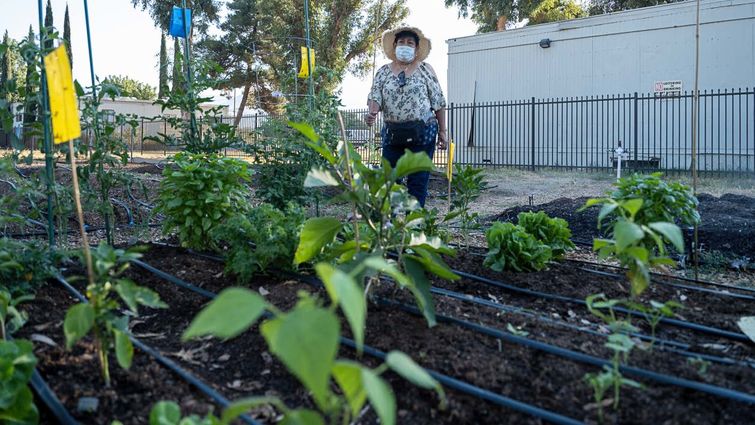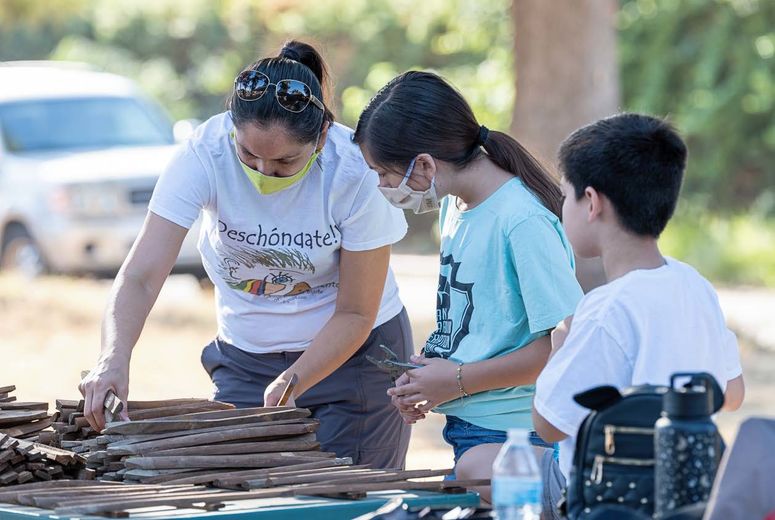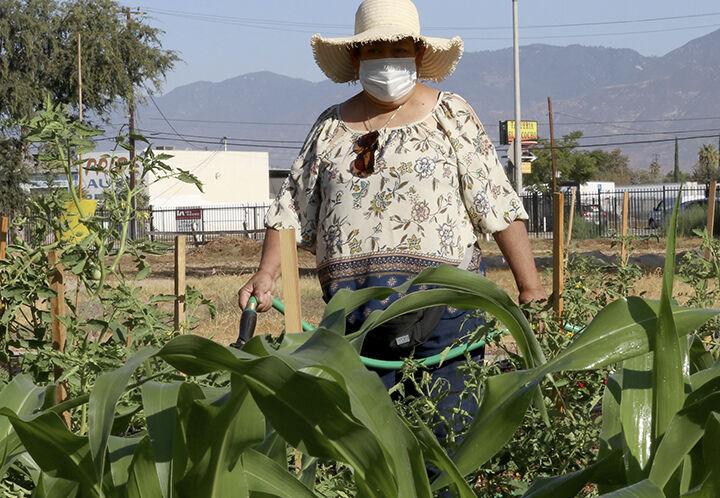The local community in San Bernadino, California are benefitting from Loma Linda University Health’s organic community garden and outdoor activity center. It was established in order to help boost nutrition and in turn metal health in the local underserved communities.

Jardín De La Salud Provides Food To The Underserved Community
San Bernadino is considered to be a food desert, as access to affordable healthy food is limited due to food insecurity, lack of transportation, and limited access to grocery stores — all stemming from poverty.
An initiative from Loma Linda Universtiy’s Community-Academic Partners In Service (CAPS), a part of the Institute for Community Partnerships (ICP) called Jardín de la Salud, Spanish for Garden of Health, aims to provide healthy produce in a safe outdoor garden for the underserved community locally.
About 30 families received plots of land in order to start growing fruits and vegetables of their own. Of the produce, families grew bell peppers, chilis, eggplant, tomatoes, beans, beets, carrots, and zucchini. The amount of vegetables grown was able to feed families of four or more per home.

The Garden That Gives Back To The Community
CAPS program manager Karla Estudillo-Fuentes, MPH, has shared that the families are thrilled not only to be eating healthier foods but how much they feel their mental health has benefitted from the project.
She shared: “Jardín de la Salud is community-led and community-built.” Several community members have already volunteered to lead the garden and overseeing other volunteers and responsibilities like plot development.
She also said that the community planting area that has been established also brings fresh and organic produce to local markets at an affordable price. Additionally, boxes of produce produce are distributed all around San Bernadino to families who are in need.

Jardín De La Salud
In order to make sure the gardens continues to grow and is maintained, ICP joined forces with Huerta del Valle, Ontario’s first urban community farm that has been around since 2010.
Estudillo-Fuentes shared: Jardín de la Salud is truly a place where we focus on health, community building, mental health, nutrition, food justice, environmental justice and empowerment. This garden and green space allows community members to learn more about their connection to the earth and feel empowered to address the health of their family and themselves — they are the ones that continue to make it fruitful every day.”






